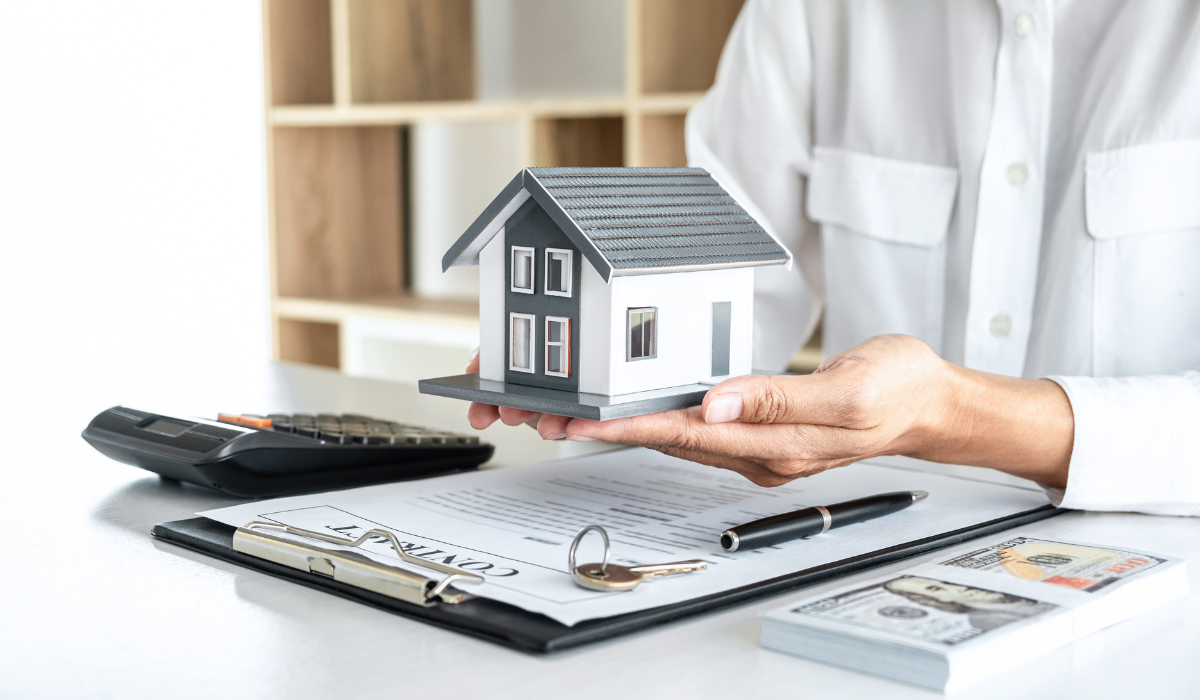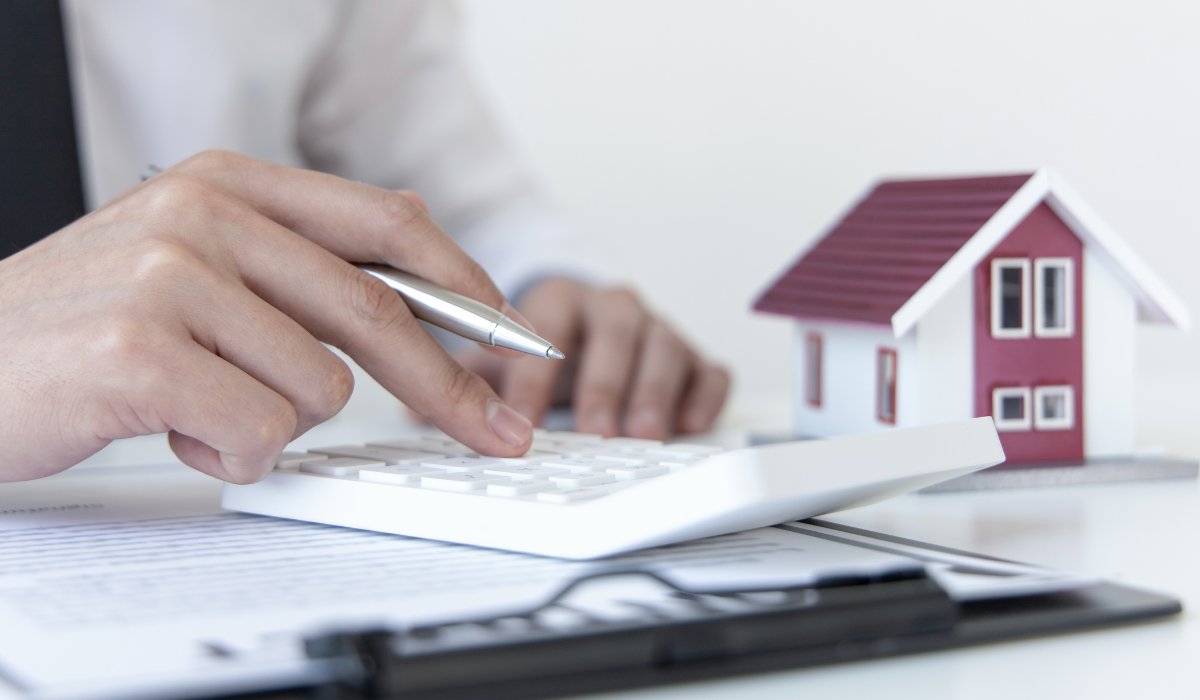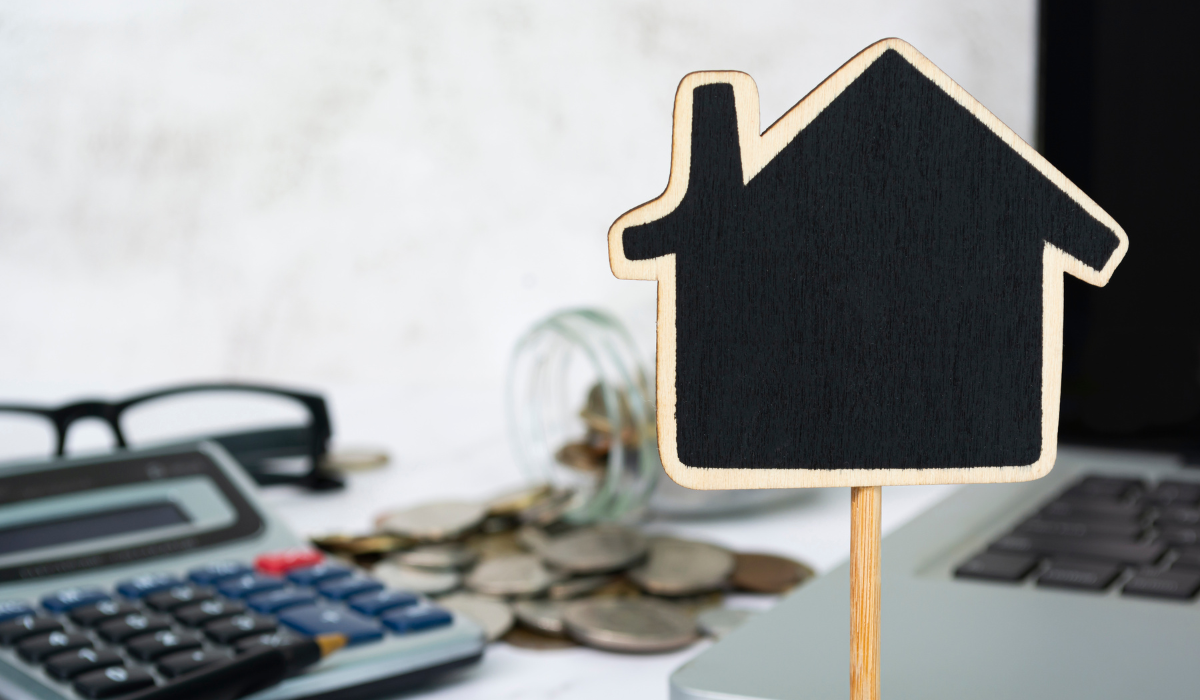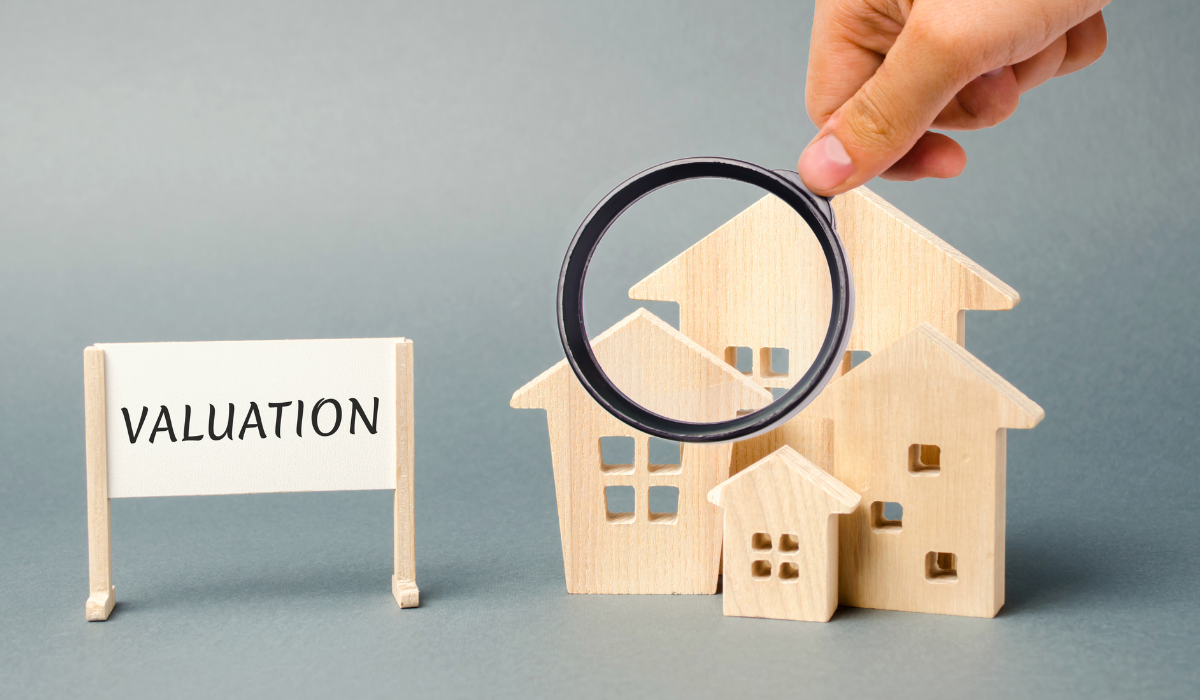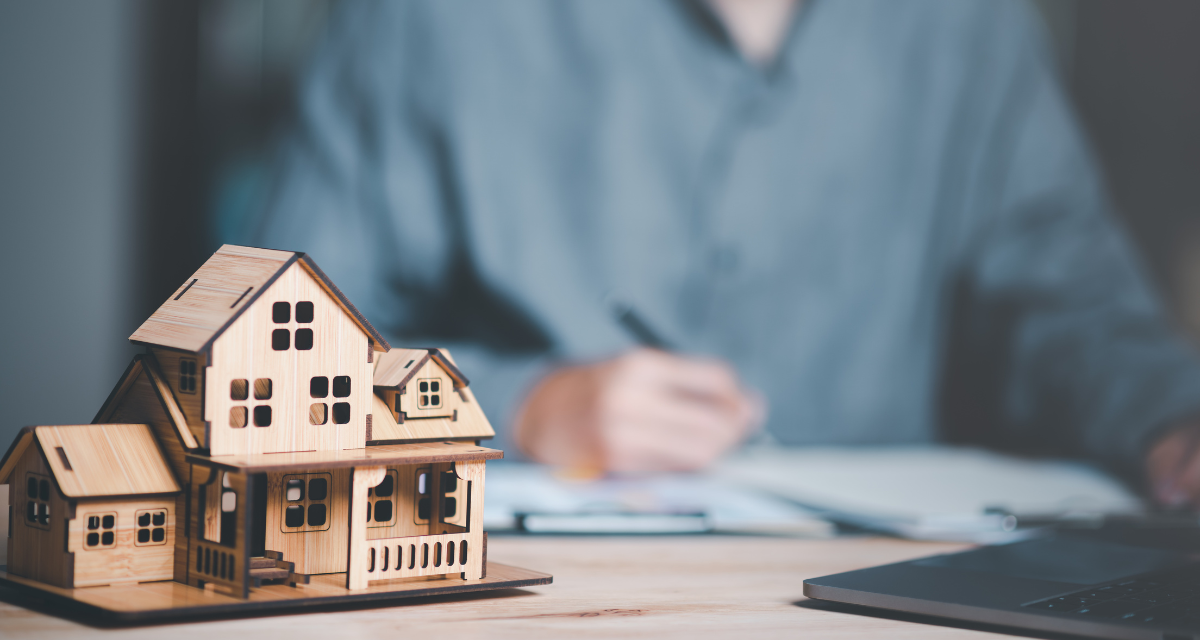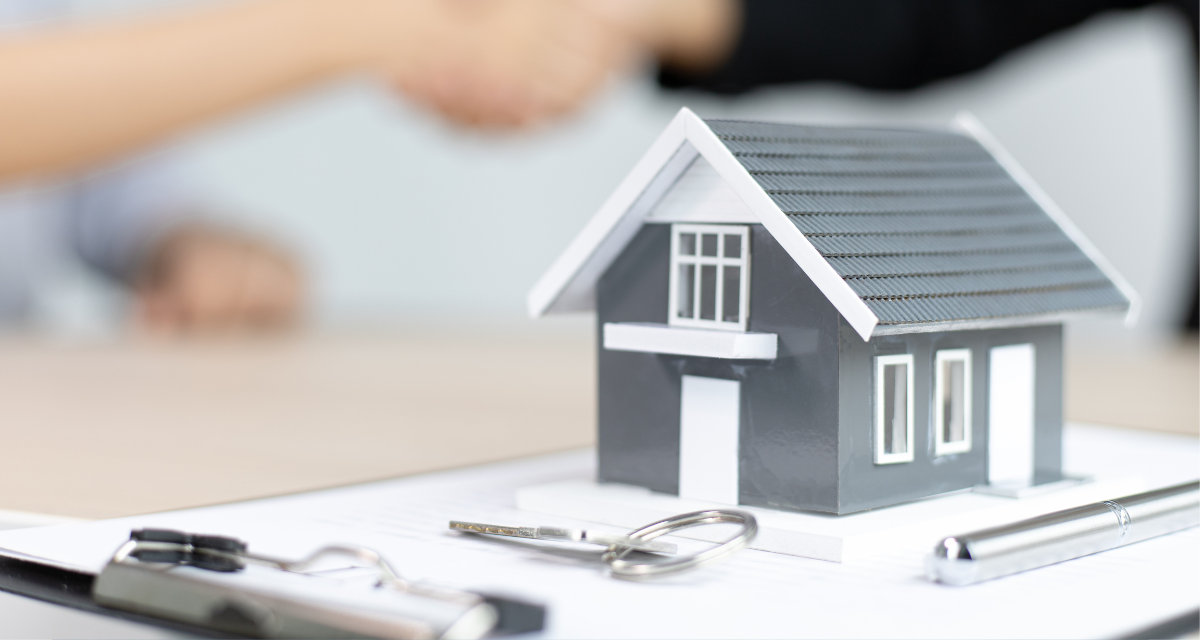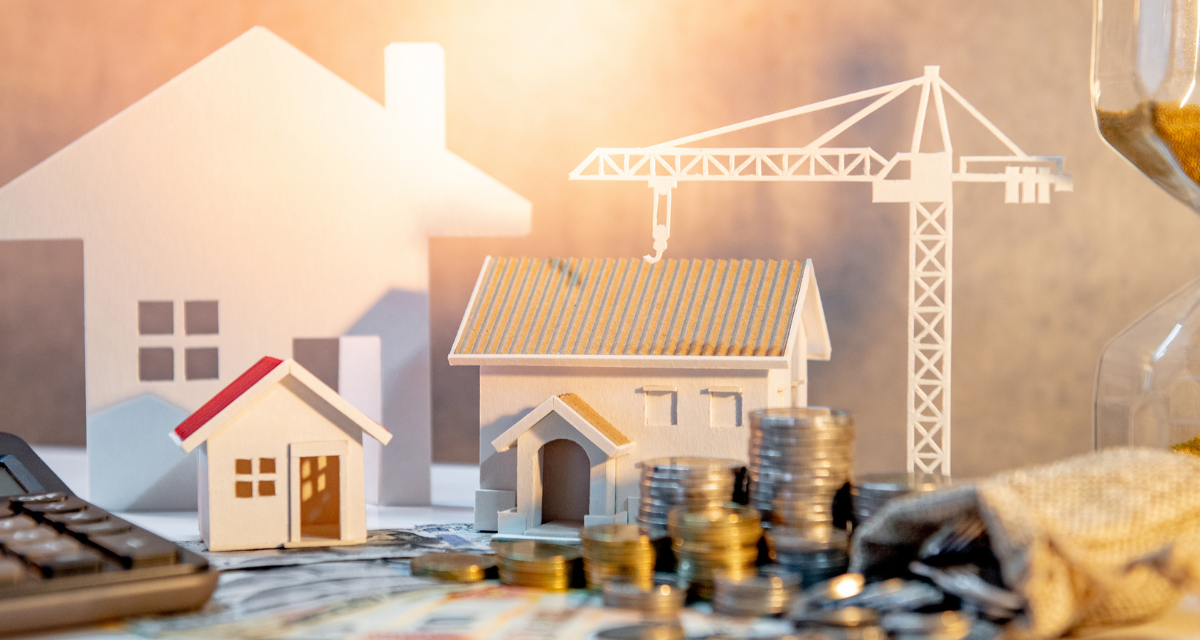Making Informed Decisions: Buying vs. Renting a Home in Today’s Real Estate Market
A house to buy versus a house to rent is one of the most constant top decisions in people’s lives.
While this does represent shelter, it also becomes a design of the future financial setup, harmonizing this with life, and understanding of trends in property.
The decision then normally equates to weighing up long-term advantages of homeownership versus flexibility and minimal upfront costs of renting.
Read on for this detailed, step-by-step guide that goes into the pros and cons of buying or renting property so that you can make an educated decision.
The Nitty-Gritty: Renting vs. Buying a Home
A Rental Life
Renting a flat or apartment is like having temporary permission to stay in a house by not claiming any right to it for an extended period.
You pay a specific rent to the landlord for using the house every month, but there’s more than just the check in a renter’s life beyond that.
Benefits of Renting
Flexibility
Probably the biggest perk of renting is one’s ability to move freely.
If relocation is a part of the job, or if you want the flexibility to change cities or homes, you can do so easily without the pressure of selling a property.
Lower Front-end Costs
The payments for renting are often very low, at least when you initially start.
Typically, you must pay a security deposit and a month’s rent, but it does not require a hefty down payment for home buying.
Predictable Monthly Costs
Rent is usually a set monthly cost.
Repair bills or property taxes you would have as a homeowner are not unexpected, so budgeting is more straightforward.
The Negatives of Renting
No Ownership Building
Each time you make a rent payment, you are filling your landlord’s pockets rather than your own.
You are building equity with each monthly mortgage payment in an owned home.
No such long-term financial goal can be achieved with a rental residence.
Limited Personalization
Renting traditionally comes with some limitations.
You often have issues with making major overhauls or, in some cases, even cosmetic changes like painting the walls of your apartment without first getting your landlord’s approval, which limits your ability to personalize your living space.
The Homeownership Experience

On the other hand, a home purchase is an investment in time, giving you the ground and the opportunity to raise equity in the long run.
Homeownership is a financial milestone, regarded as stability, investment, and capital as one builds toward a future.
The Benefits of Buying
Building Equity
Building equity in a property is the best part of owning a house.
Through monthly mortgage payments, you’re adding to the property’s value.
Eventually, refinancing enables owners to tap into that equity, or increasing home values will add equity to your net worth.
Stability and Permanence
Owning a house provides long-term stability; you’re not threatened by a landlord raising the rent or telling you it is time to go.
Furthermore, it gives one a feeling of belonging, particularly to those eyeing settling down, raising children, or becoming part of a community.
Opportunities for Higher Property Value
Many locations appreciate the value of the property with time.
When you purchase a suitable location, your house could be an appreciable asset with a potentially lucrative return on investment upon selling.
The Disadvantages of Purchase
More Upfront Costs
Home buying is, of course, quite an upfront investment.
Over and above the down payment, you may incur closing costs, inspections, and probably home repairs before you can even put your first suitcase down.
Responsibility for Maintenance
Owning your home is responsible for repairs and maintenance.
From fixing a leaky roof to replacing aged appliances, these costs can add up and take you by surprise.
Financial Considerations: Renting vs. Buying
Of course, a very, very critical role in this decision would be the financial situation.
It’s not just about monthly payments, but more about how the two options – renting and buying – affect your long-term financial health.
Monthly Costs
Renting
With renting, your most significant monthly expense will be the rent.
Your rent is predictable, and your house costs are steady unless you have occasional utilities or renters insurance.
This predictability makes budgeting more accessible but doesn’t yield a return on anything other than a home to live in.
Homeownership
Among the monthly expenses of a homeowner are mortgage payments, property taxes, homeowners insurance, and potentially HOA fees.
Add in repairs and maintenance – which will run differently for every homeowner.
By contrast, equity in the home is built with each monthly mortgage payment.
So, homeownership may represent an investment.
Equity Considerations
Renting
Rental doesn’t pay back.
With rent, you pay for the place you live but don’t get any equity over the years; eventually, you don’t own your space.
That is paying for a service called housing minus the return of wealth over time.
Homeownership
Every payment on your mortgage adds up to giving you value.
With the mortgage paid down and the property appreciating, the home becomes a significant part of net worth.
And for homeowners, their property can be sold or refinanced to access the equity accumulated.
Upfront Costs
Renting
To rent, you will pay a security deposit usually equal to one or two months’ rent.
When you move out of your rental property at the end of your lease without damaging the property, you get your money back.
In general, renting does not require as much cash on hand as buying a house.
Homeownership
On top of making a down payment, typically anywhere from 3% to 20% of the cost to buy the house, depending on your type of loan and situation, you will also incur all the other expenses, such as closing costs, home inspections, and various fees.
Thus, the upfront cost of a house is far steeper than renting.
Lifestyle Considerations: Flexibility vs. Stability
Lifestyle considerations are at least equal to financial considerations when deciding between buying vs. renting a home.
Depending on your circumstances and plans, one option fits better with your goals.
Flexibility:
Renting
This is a good perspective for those who value flexibility.
If career changes or relocations are on the horizon or other big life events, renting allows you to change homes or cities with minimal hassle.
Leases are a year, and then they end, and you can move into a new home or town without selling a property.
Homeownership
A home is a better investment for stability purposes.
You get to settle down, make a long-term residence, and invest in a community.
Ownership offers that permanence if you want to establish roots, raise a family, or build a lasting home environment.
Impact on Family and Personal Life
Renting
Renting is one of the best options for a person undergoing the transitional phases of life.
This might be when someone is just entering his or her career, is uncertain about long-term locations, or has very frequent changes of location.
Thus, renting helps these individuals adapt to changed lifestyles.
Having a Home
If one is willing to put roots, buying a home can provide a stable environment for you and your family.
It will also enable you to have a space that belongs to you, including the freedom to modify or improve it.
Homeownership also accompanies the trend of extended family growth and becomes a great tool in building a future legacy.
Trends of the Real Estate Market
The state of the housing market is also an essential factor in choosing between buying or renting.
This is because you will know the future of the house in terms of property market trends, appreciation, and potential risks, which will help you decide.
Appreciation
In many areas, home values have appreciated in the past.
Owning property in an appreciating area can make your home an asset.
That means you can make money when selling your home.
Again, market trends can run drastically different based on location, economic factors, and supply and demand.
Appreciation in property can be an excellent chance for the owner to benefit from it, but not just property market fluctuates.
Economic depressions, changes in the job market, and rise in interest rates affect the value of houses, and homeowners may lose their equity if property value falls.
They are analyzing your area’s risks, and thoroughly knowing the market situation before buying is necessary.
Decision Making
If you can’t choose between buying and renting a home, here are some tips to guide your decision process:
- Evaluate your Financial Status : Assess your income, savings, debts, and credit score in careful detail.
- You will know if you can afford the huge upfront cost of purchasing and are ready for this long-term homeownership commitment.
- Consider Your Future Plans : Do you need to stay in one place long or expect career changes and job relocations?
- You may want to rent if you’re going through significant life changes; others buy if they’re looking for a long-term place.
- Investigate the Local Housing Market : Research the real estate market in your desired area.
- Are home prices increasing, or is the market volatile?
- This can help you decide better: is this an excellent time to buy, or should you rent now?
Conclusion
Buying or renting a house is very personal and considers the financial, lifestyle, and market factors involved in making it.
Buying presents long-run economic benefit and stability, and the possibility of building equity over time; therefore, it is best for one who would prioritize long-run stability.
Renting on the other hand comes with freedom, fewer upfront costs, ideal for freedom, and short-run stability.
This decision depends on your situation, financial stability, and plans.
Knowing the advantages and disadvantages of each will guide you in making a well-informed decision fitting your lifestyle and fiscal goals.
FAQs
Do I save money by renting or buying?
It really depends on where you live, your financial situation, and current market conditions. The benefits of renting have higher upfront costs; you can save in the long run if you stay there for a longer time, and home values appreciate, so you’re making money on your investment.
What are the advantages of renting over buying?
The advantages of renting over buying are flexibility, fewer upfront costs, and a stable monthly expenditure. This is best suited for people who will always be on the move, change residences more often, or do not plan to become committed entirely to owning a home.
What are the long-term benefits of owning a home?
A means to build wealth and accumulate equity; Appreciation in the value of property; Most importantly, a stable and secure form of dwelling. In the long run, it can be an excellent investment in financial terms.
How do I know if I’m ready to buy a home?
That would depend on my finances, plans, and stability within my profession. There is a sufficient amount of money saved up for a down payment. You have a stable income and will stay in one place for some time.
How do market trends affect my decision to buy or rent?
Knowing the real estate market trends could guide one in making an intelligent assessment of whether to invest in a home. If property values are appreciated, you will get more benefits if you buy in the long run; conversely, if it is volatile in the market, it may be better to rent instead.

